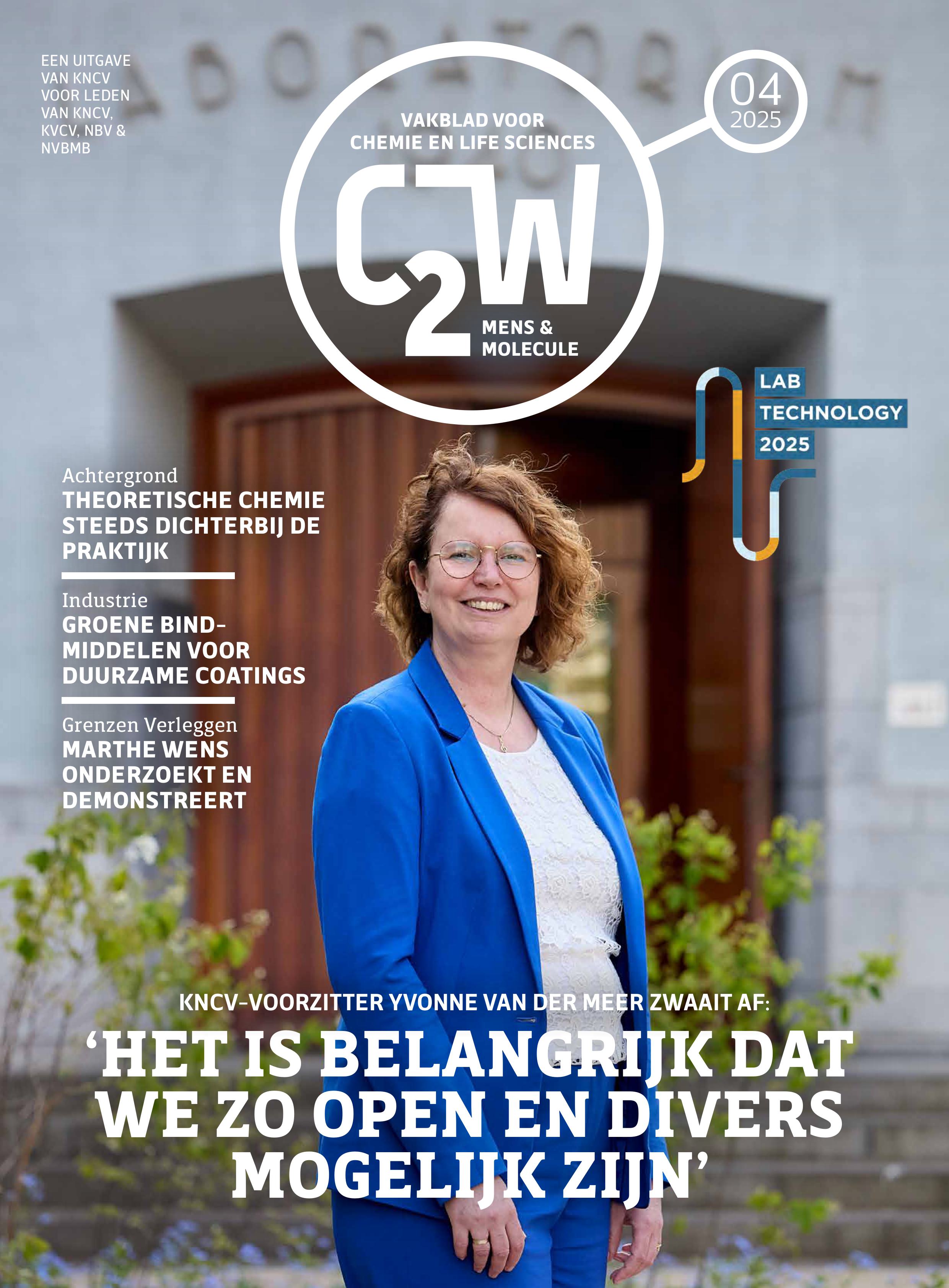Wenst u een activiteit te laten opnemen in deze lijst? Geef uw activiteit door via dit formulier.
Electrification of adsorptive carbon capture: adsorbent regeneration via Joule and microwave heating

Promovendus/a: Brieuc Verougstraete
Promotor(en): Prof. Dr. ir. Joeri Denayer
The increasing amount of carbon dioxide (CO 2 ) in the Earth’s atmosphere leads to global warming,
linked to catastrophic consequences. Therefore, anthropogenic emissions of CO 2 , mainly originating
from flue gases of fossil fuel-powered factories and from biogas production, should be limited.
Besides its sequestration, CO 2 could also be used as a primary material allowing the transition to a
carbon-neutral circular economy. Due to the high energy requirement of the CO 2 capture step,
developing new, less energy-intensive technologies is crucial.
In this PhD, the goal was to look at adsorption-based processes for the separation of CO 2 which could
offer an energy-efficient alternative compared to the benchmark technique of CO 2 absorption used
nowadays. The purpose was to develop a modular adsorption technique with a low energy use that
could be used for small to mid-scale applications. In the context of the electrification of the chemical
industry, the direct use of electricity to regenerate the adsorbents was explored.
First, the focus was set on electrical swing adsorption. The configuration of such an experiment is
crucial for a high efficiency for the conversion of electricity into heat. Therefore, different electrode
materials and placement were analysed. Next, as the adsorbent plays a crucial role both for the
heating properties and the adsorption, several composite materials were characterised and analysed
for their use in a biogas upgrading process. In the third part, the selected adsorbent (a 3D-printed
activated carbon monolith) was used in a cyclic process and the main process parameters were
investigated. Lastly, heating the adsorbent using microwaves -instead of directly through Joule
heating – was performed. As it is still in an early stage of development, the experiments were
performed to gain a deeper knowledge on the impact of the inhomogeneity of the heating and the
influence of several process parameters such as irradiation power and time.
Alle datums
- 2023-03-15 17:00
Powered by iCagenda

